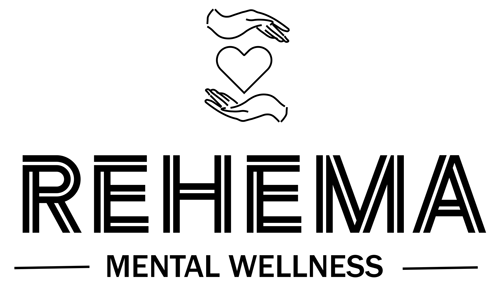
I Help Connect Dots for a Living: A PMHNP’s Guide to Mental Health
Many times, people ask me, “What do you do as a Psychiatric-Mental Health Nurse Practitioner (PMHNP)?” I like to explain it this way: I help people understand and improve their mental health by connecting the dots. Imagine mental health as a picture made up of different dots. Some dots represent emotions like sadness or anxiety. Others are tied to physical health, family background, or life experiences like school or work stress.
As a PMHNP, my job is to connect these dots to see the full picture of a person’s mental health. The more dots I gather—through conversations, medical history, and understanding life circumstances—the clearer and more complete the picture becomes. This helps me create a personalized plan to support each person, whether that’s through therapy, medication, or lifestyle changes like improving sleep or managing stress.
Many PMHNPs, myself included, are encouraged to work as registered nurses (RNs) in their field of interest before pursuing advanced practice degrees. This experience provides valuable insights into patient care and a deeper understanding of mental health issues from a hands-on perspective.
People also ask me, “How is being a PMHNP different from being a doctor?” While both PMHNPs and doctors help people with mental health, the paths we take are quite different. A doctor (MD) attends medical school and is trained to treat a wide range of health issues, both physical and mental.
A PMHNP, on the other hand, is a nurse with specialized training in mental health, usually after completing nursing school and going on to earn a master’s or Doctor of Nursing Practice (DNP) degree. While I can prescribe medications and provide treatment, I often spend more time talking with patients, connecting more dots through ongoing conversations, and focusing on how all aspects of a person’s life fit together to affect their mental well-being.
Just like with any picture, the more dots you connect, the clearer the image becomes. With the right support and guidance, the picture of someone’s mental health can become clearer, offering a brighter, healthier future.
